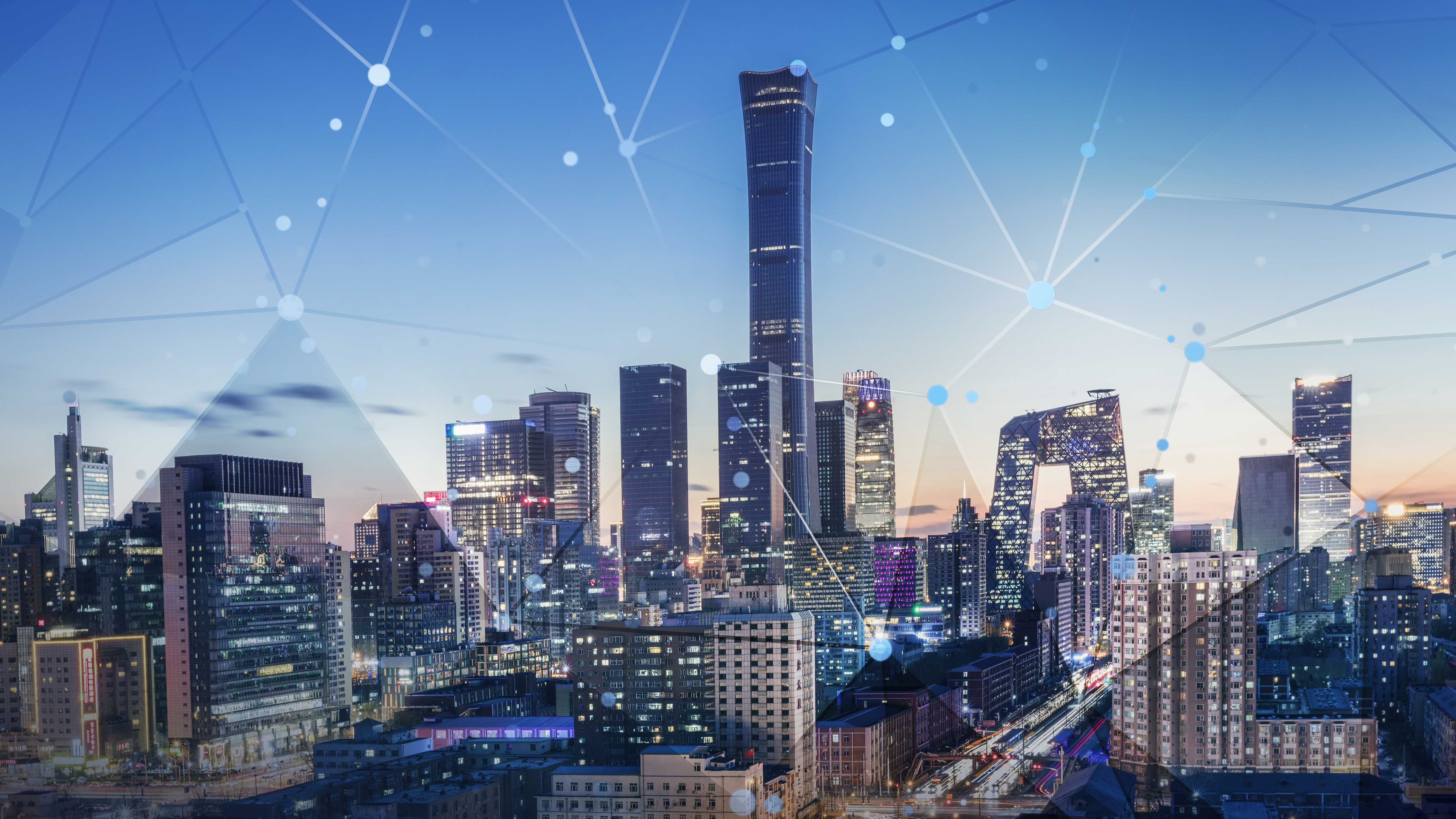The digital economy and green development have become major trends in global economic and social transformation.
Chinese President Xi Jinping urged on Friday for all APEC members to enhance economic and technical cooperation, speed up coordinated digital and green development.
With a combined population of 2.9 billion, the 21 APEC economies account for over 60 percent of the world’s total gross domestic product (GDP) and about half of its trade. The region’s status is globally significant, and achieving coordinated digital and green development is of vital importance.
Relationship between digital and green economy
Digitalization and green growth are interdependent and mutually reinforcing, Wang Song, an official at the Office of the Cyberspace Administration of China, said at a press conference on November 7.
Wang made the remark when introducing a white paper titled “Jointly Build a Community with a Shared Future in Cyberspace,” which was issued by China’s State Council Information Office. The paper called for “joint efforts to coordinate the transformation towards digitalization and green growth.”
Digital technology plays an increasingly prominent role in promoting the green economy, Wang added. It is estimated that by 2030, industries in China will reduce carbon emissions by 12.1 billion tonnes thanks to advancements in digital technologies, Wang said.
China and other APEC members cooperating on digital economy
China has made the development of the digital economy a national strategy.
The scale of China’s digital economy has ranked second in the world for years, according to the State Council in a report submitted to the National People’s Congress Standing Committee for review on November 28.
Steady progress has also been made in cooperation on the digital economy among China and other APEC economies.
China’s Alibaba Group and the Thailand government signed an agreement in April 2018 in Bangkok which saw the two sides cooperate in e-commerce, digital logistics, tourism and personnel training.
The company in May 2022 launched a data center in Thailand to bolster local businesses’ digital innovation capabilities, according to China’s Ministry of Commerce.
The Philippines and Australia, have also cooperated with Alibaba in retail and logistics, finance and fintechs, digital entertainment and public enterprise services, said the company.
Cooperation in digital payment has also been strengthened. China Unicom said in November that more than six million UnionPay cards have been issued in Southeast Asia since the beginning of this year, an increase of 40 percent year on year.
So far, over 40 million UnionPay cards have been issued in 10 ASEAN countries, among which seven are APEC members.
China’s green development
Green growth provides a practical and flexible approach for achieving sustainable development of the world economy.
The 20th National Congress of the Communist Party of China included a call for the country to accelerate the transition to a model of green development, boost green and low-carbon industries, and promote green and low-carbon ways of production and life.
China aims to peak carbon dioxide emissions before 2030 and to achieve carbon neutrality before 2060.
The country’s national carbon market covers about 4.5 billion tonnes of carbon dioxide emissions, making it the largest globally after one year’s operation, said Zhao Yingmin, head of the Chinese delegation to the 27th session of the Conference of Parties to the United Nations Framework Convention on Climate Change on November 8 in Sharm El-Sheikh, Egypt.
China’s biggest maker of electric and hybrid cars, BYD, signed an agreement in September with Thailand’s industrial estate developer WHA Group to build a new electric vehicle (EV) factory in the country with a planned annual production capacity of 150,000 units.
With an aim to grow its EV market in hope of establishing 30 percent of its auto production as EV based, Thailand has introduced a new round of investment and promotion policies to encourage investment in the whole industrial chain of electric vehicles this year, according to the China Council for the Promotion of International Trade in February.
BYD’s entry into Thailand will help its auto industry move closer to that goal, as well as help the country become a global hub for EV manufacturing, said WHA’s co-founder and chairman Jareeporn Jarukornsakul.
The automaker hoped its EV technology will contribute to the country’s EV industry, said Liu Xueliang, the general manager of BYD Asia-Pacific Auto Sales Division.
China has urged its businesses to integrate green development throughout the overseas investment and cooperation, according to a guideline issued by China’s Ministry of Commerce and Ministry of Ecology and Environment in 2021.
Source(s): CGTN

 News7 days ago
News7 days ago
 Sports7 days ago
Sports7 days ago
 News7 days ago
News7 days ago
 World6 days ago
World6 days ago
 Sports7 days ago
Sports7 days ago
 News6 days ago
News6 days ago
 News6 days ago
News6 days ago
 News7 days ago
News7 days ago
























